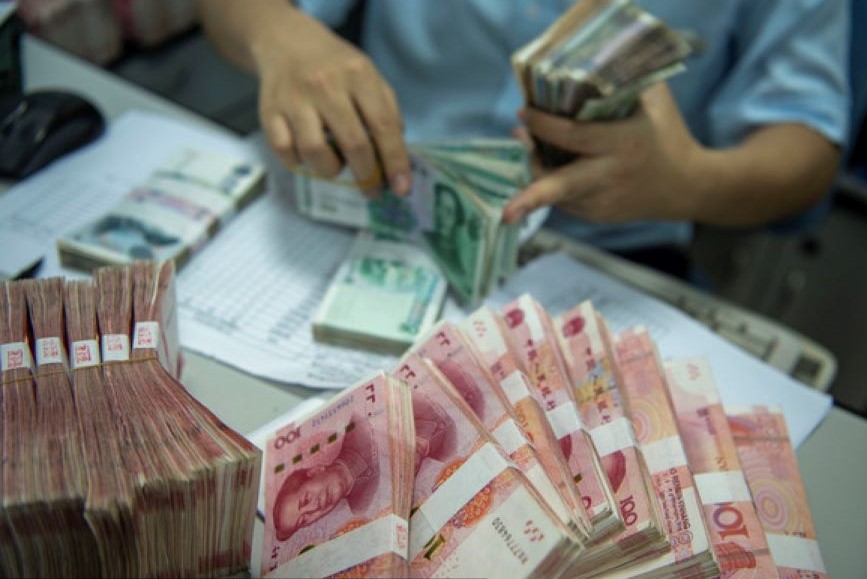Refinancing enables local governments to battle debts


As of Dec 5, 23 provincial-level regions had issued refinancing bonds, with a total issuance of 145.95 billion yuan ($20.05 billion), accounting for 73 percent of the 2024 issuance quota. That's part of the series of policies the central authorities have recently rolled out to help local governments prevent impending debt crises.
The lawmakers approved an increase of 6 trillion yuan in the debt ceiling to swap local governments' hidden debt. Starting from 2024, the central government will arrange 800 billion yuan from the newly added local government special bonds every year for five consecutive years to supplement government fund financial resources, specifically for debt reduction. At least 2 trillion yuan of hidden debt caused by shantytown renovation due in 2029 and later years can still be repaid according to the original contract, and there is no need to repay the debt in advance.
To ensure the smooth circulation of capital flow, debt leverage will inevitably be used. So debt financing should not be demonized but regulated to control local governments' hidden debts preventing them from sucking local economic vitality and squeezing local governments' policy space.
As of the end of 2023, the central authorities confirmed that the hidden debt balance of local governments nationwide was 14.3 trillion yuan, and required that all of it be resolved by the end of 2028. It was against this backdrop that the aforementioned local government debt bailout policy portfolio was released, of which the crux is the debt swap.
The debt swap is not to allow local governments to evade their liability, but to gradually change their hidden debts to bank loans, open market bonds, nonstandard debt, etc, by issuing local government bonds with more optimized structures and lower interest rates. That is expected to help make the management of the hidden debt of local governments standardized and transparent.
Local governments still bear the debt repayment responsibility, but the repayment period can be delayed, the interest rate can be lower, so as to ease the pressure on them to repay short-term debts. Effective debt swaps allow the local government to have more funds and space to promote economic growth and ensure people's livelihoods.
China should take the move as an opportunity to improve its local government debt management system, establish a full-caliber local debt monitoring and supervision system and a long-term mechanism to prevent and resolve hidden debt risks, accelerate the reform and transformation of local financing platforms, and resolutely prevent the increase of hidden debts.
Local financing platform companies are the main channel for the increase of hidden debts. Therefore, it is necessary to accelerate the reform and transformation of these local financing platforms, turning them from financing firms to investment companies that can focus on promoting high-tech industries and providing patient capital for local industrial transformation and upgrading.

































